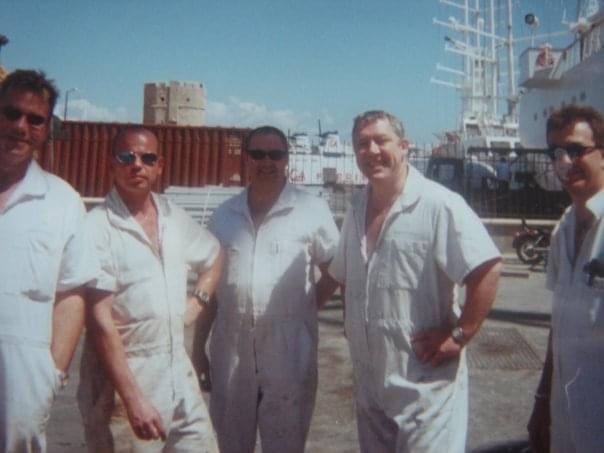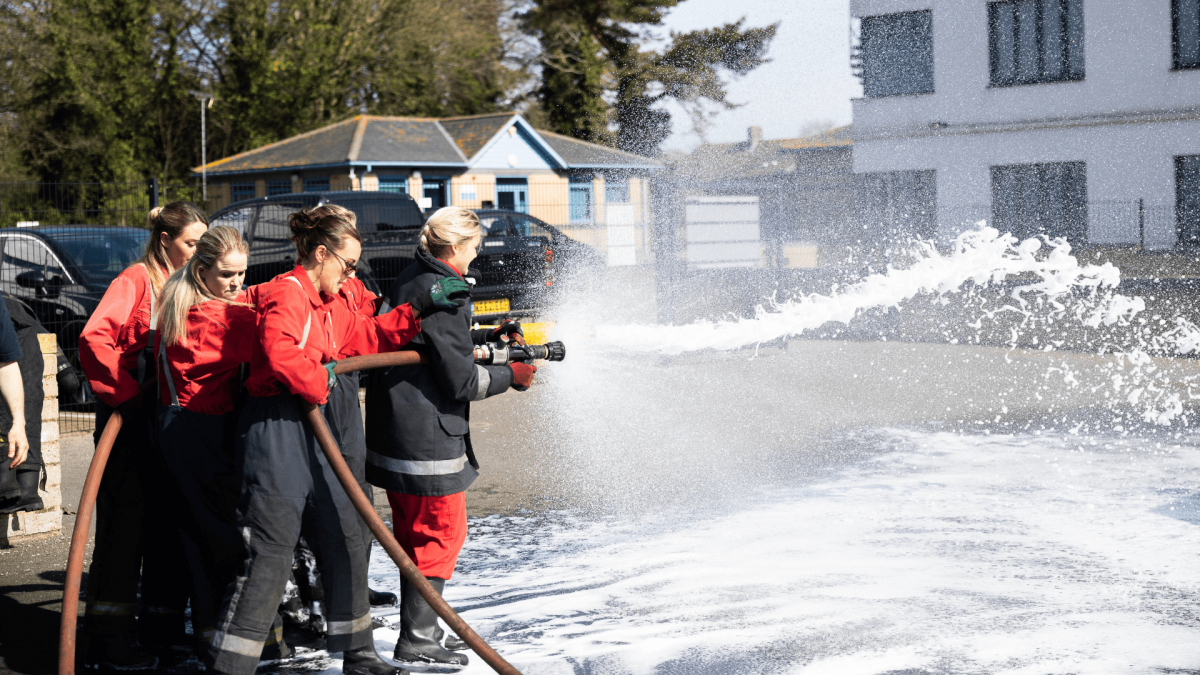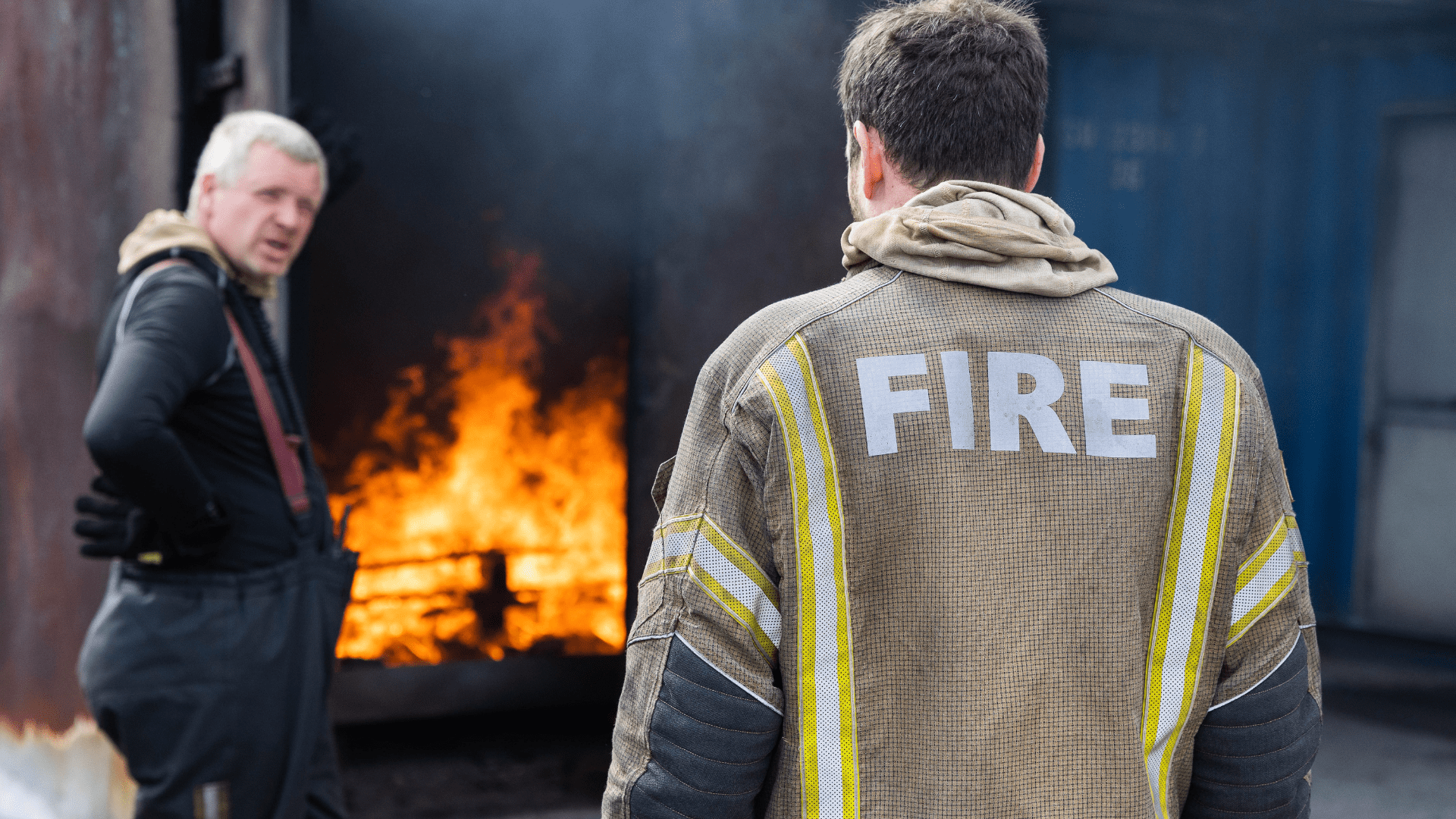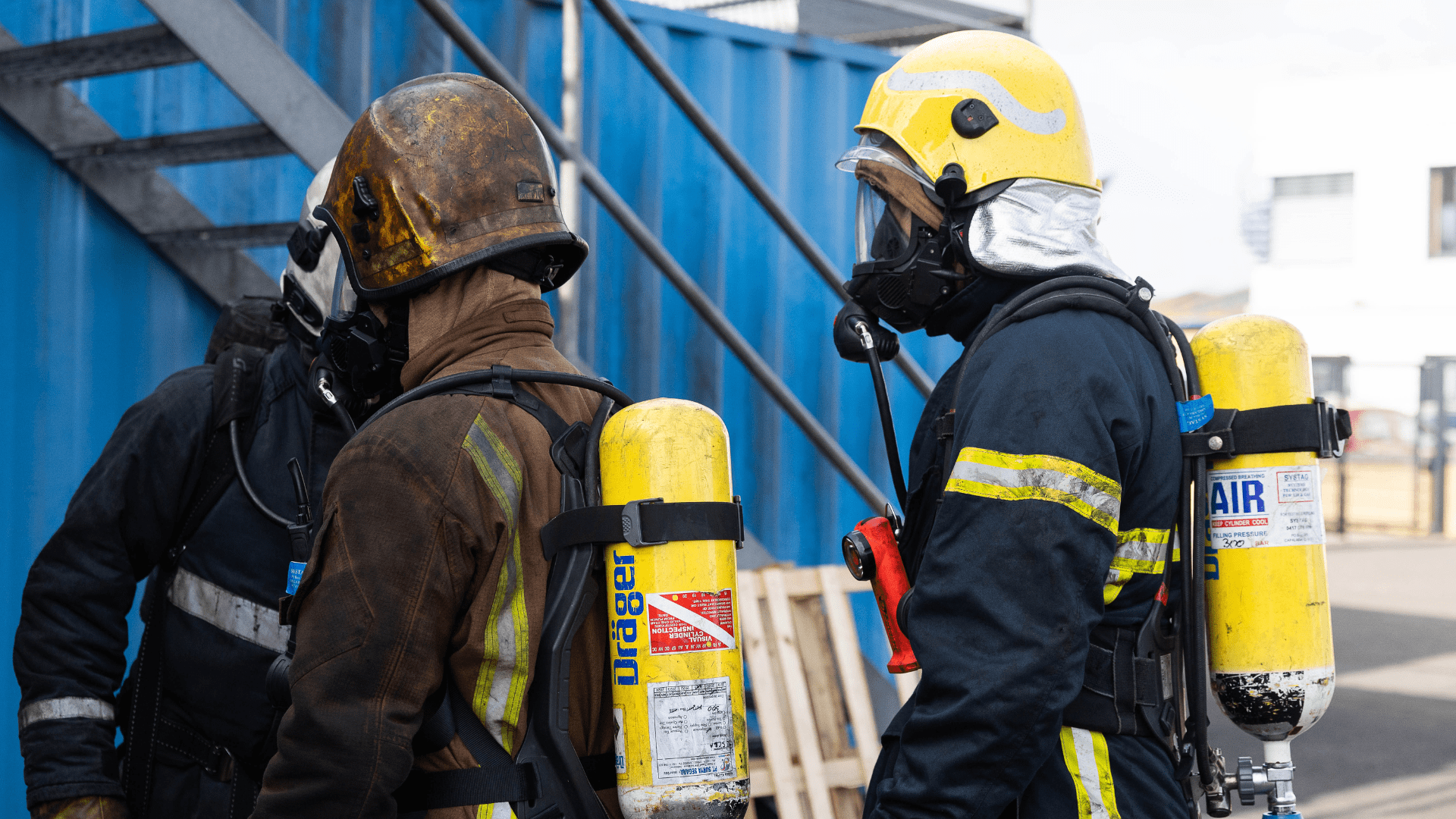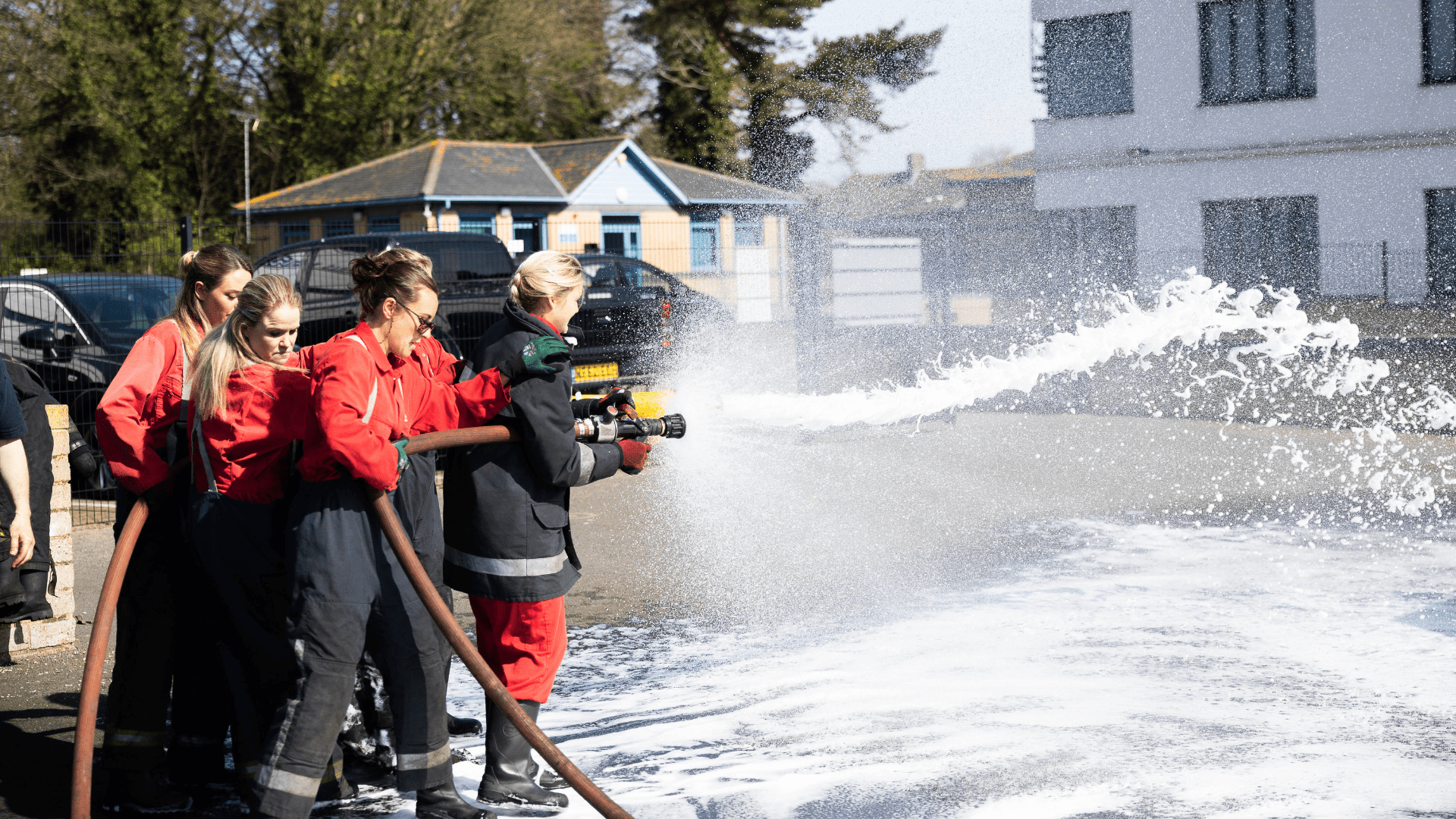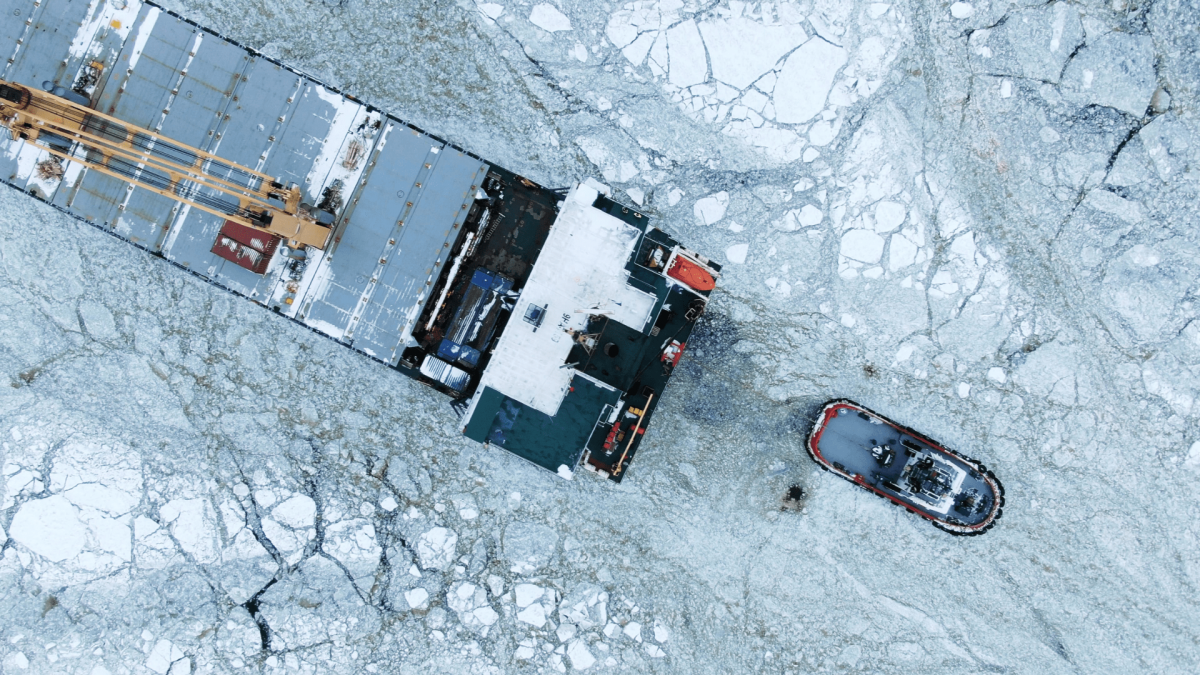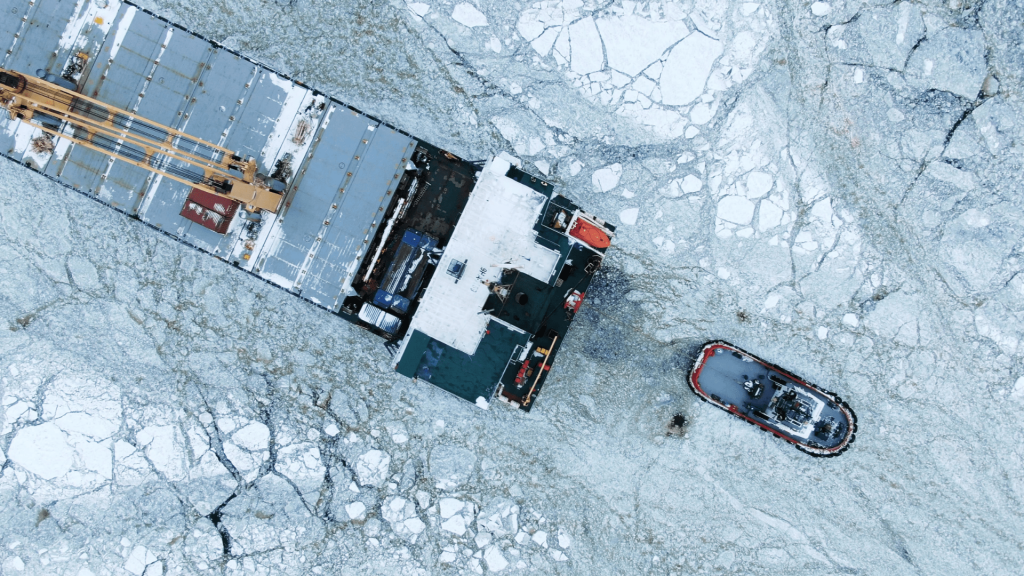We sat down with John Galloway, Senior Maritime Simulator Instructor at MSA Portsmouth, to find out about his career at sea and the exciting opportunities life at sea can offer for people wanting to get into the industry.
What made you consider a career at sea?
John: “A family friend of ours was working as a submariner in the Royal Navy and was really enjoying it. I wanted to get a good job and start earning a living. I am the only person in my family history that has worked at sea, my grandparents worked in the Royal Air Force and Army. I decided to join the Royal Navy as a Junior Rating once my younger brother had turned 16 years old, as that was always his plan. When I was able to choose my modules, I eventually went into nuclear submarines, as this is something I was really interested in.
I was working as an apprentice butcher for a year after I left school and before I joined the Navy for six years!”
Was a career at sea always an option for you?
John: “In my day, the careers advisors at school weren’t that open about different industries, they didn’t tend to speak about the career opportunities available within the Merchant Navy, so I only knew about the Royal Navy. I wasn’t aware of all the opportunities around different vessels, like cruises and superyachts. If I knew of the Merchant Navy at the time, I probably would have applied there straight away instead.”
What roles did you work in?
John: “I worked in the Royal Navy for 6 years before leaving. Nowadays the Royal Navy certifications are interchangeable with the Merchant Navy, however this was not the case in my day. I went to work in the North Sea as an uncertificated Engineer, using my knowledge I had learnt during my time in the Navy.
During this time, I attended the City of Glasgow College where I gained my 1st Officer licence. I was working month on/month off but I would take a block of time off to study at college. I was able to save up some money from working and was able to self-fund my studies at the college.
I then worked as a 2nd Engineer at North Star Shipping on oil rig service vessels. This is very ironic, but I get very sea-sick, and the North Sea is not the place you want to be if that’s the case. So after 7 and a half years, I sent my CV to Viking Crew as I saw an advert for the company on a shipping magazine whilst at sea.
I was successful and started working for Windstar Cruises as a 3rd Engineer, sailing all around the world for about 6 years. My favourite places I visited were Vietnam and Santorini. I had my most expensive dinner there! I met my now wife whilst working at Windstar Cruises so it was a special time.
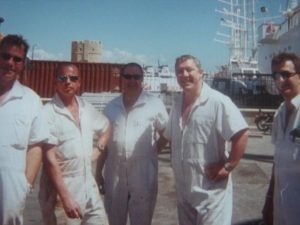
I then took some time off and moved to Fort Lauderdale, USA, with my wife. Soon after, I used Viking Crew’s Placement Services again to get a job on a new superyacht project. I started working as Chief Engineer on some magnificent superyachts, sailing to lots of beautiful places.
I then started working ashore for Fraser Yachts, and was an Engineer Superintendent.
Just before the pandemic hit in 2020, we decided to move back to the UK and I worked as a Safety Engineer at a theme park in Yorkshire. I was approached by Dohle Yachts and worked there for a while.
During this time, I was intrigued by the Bridge Simulators at Maritime Skills Academy Portsmouth, and went down to have a look. The team at MSA Portsmouth approached me to work as a Senior Simulator Technician and I have been here for a year and a half. At 60 years of age I have started a new career! I absolutely love working at MSA Portsmouth, this is my ideal job.
It’s great that I have worked in various roles previously as I feel I now have a lot of experience to share with delegates who train here.”
Would you recommend a career at sea?
John: “Of course, yes. A life at sea isn’t for everybody, but for those who do take the opportunity, it’s definitely worth it. There was a young Captain who was going to quit as a cadet, and I took him aside and said to him, “get your licence first, and then quit if you still want to.” Fast forward a few years, and now he is a Captain for some of the big cruise ships. If you’re considering a career at sea, then I would encourage you to speak to others in the industry to learn more before embarking in this lifestyle.”
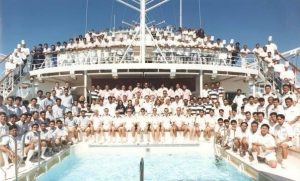
Would you still choose a career at sea if you were a young person/teenager now?
John: “Yes, I think I would have missed the military side, and instead gone straight into the Merchant Navy, as I’ve been playing catch up for the six years I spent in the Royal Navy. Obviously, the conditions are changing and have changed since I was a young person, but it’s a way of life. You’ve got to have that quality of life on board as well.”
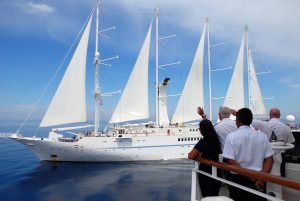
What opportunities can a career at sea offer?
John: “The one thing I would say is, age equals experience – and that’s a valuable commodity in this industry. The experience is a bonus, there’s plenty of jobs with the shipping companies, and you can go ashore when it suits you. It’s also a lifelong career, but that doesn’t mean it is for everyone. Nevertheless, take every opportunity, as you never know what will come of them.”
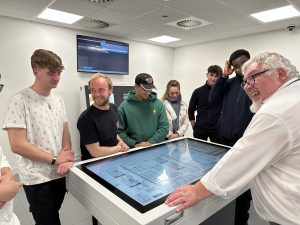
What advice would you give to someone deciding on a career at sea?
John: “My advice would be to think long and hard about your lifestyle. If you want a life and family, it might be better waiting until after your career. It’s the one fundamental flaw of a life at sea, and that is relationships. For example, if you’ve got somebody waiting at home, and I speak from experience from my earlier days, what happens is you get home off a trip and all you want to be is at home. What about this person, they’ve been at home all this time, all they want to do is get out with you. There’s definitely a compromise.
Only through experience, you learn this, because life at sea is very much like ‘Peter Pan Syndrome’ in my opinion, it’s for people who don’t want to grow up. Having said that, you do become more pragmatic with the experiences.
In certain aspects of my life, I felt as though I certainly gained some independence, and it made me mature quicker. Plus, the financial rewards are good.
In the Royal Navy, I of course missed home, as I was away for nine months at a time. Even though you’re surrounded by all this fun, homesickness is still a factor. Essentially, I’ve always wanted to be a homebody but it’s kind of ironic with the lifestyle I chose.”
Feeling inspired by John’s story and want to explore a career at sea? Click here to explore our current vacancies at Viking Crew.
Date of Issue: 26th March 2024
Last Edited: 28th August 2024
